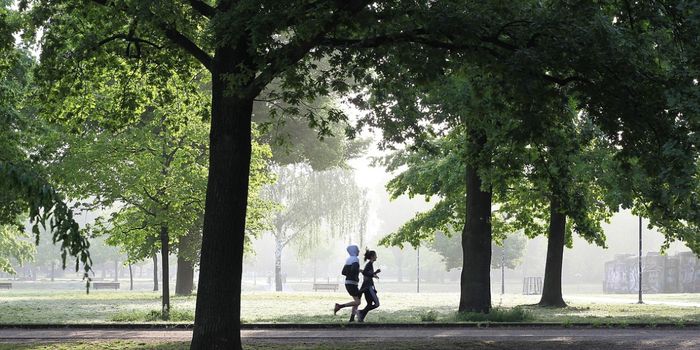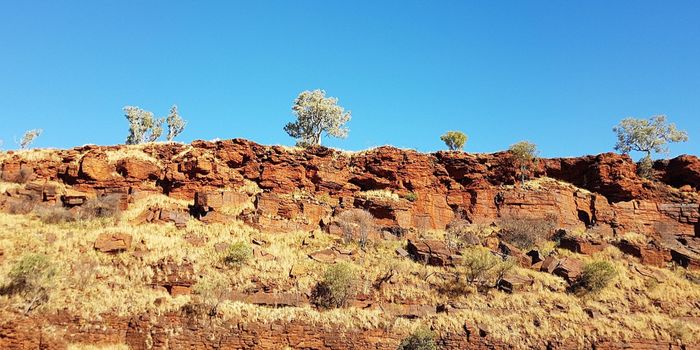On May 26, the Norwegian Parliament pledged that the government's public procurement policy will be deforestation-free. Now, almost two months into this promise, Norway continues its pride as the first country to ban deforestation.
As part of the Action Plan on Nature Diversity, Parliament's Standing Committee on Energy and Environment suggested the pledge, which states that no product along the supply chain that contributes to deforestation will be used.
Rainforest Foundation Norway led the fight for the pledge. “This is an important victory in the fight to protect the rainforest," Nils Hermann Ranum, head of policy and campaign at Rainforest Foundation Norway said in a statement. "Over the last few years, a number of companies have committed to cease the procurement of goods that can be linked to destruction of the rainforest. Until now, this has not been matched by similar commitments from governments. Thus, it is highly positive that the Norwegian state is now following suit and making the same demands when it comes to public procurements."
At the UN Climate Summit in New York in 2014, Germany and the U.K. pledged along with Norway to “promote national commitments that encourage deforestation-free supply chains,” through public procurement policies and to sustainably source products like palm oil, soy, beef and timber. According to Climate Action, the production of palm oil, soy, beef and wood products in seven countries with high deforestation rates (Argentina, Bolivia, Brazil, Paraguay, Indonesia, Malaysia and Papua New Guinea) contributed to 40% of total tropical deforestation and 44% of associated carbon emissions between 2000 and 2011. Norway has clearly noticed the extent of this deforestation, for not only is the country pledging to improve their own environmental policies, but it is also providing key encouragement for others to do so as well.

In 2008, Norway gave Brazil $1 billion to help fight deforestation of the Amazon rainforest. The astounding result decreased deforestation by 75% by 2015, saving more than 33,000 square miles of forest and keeping 3.2 billion tons of carbon dioxide out of the atmosphere — an amount that’s three times bigger than the effect of taking all the cars in the U.S. off the road for a year, according to National Geographic.
On the other side of the world, Norway has also made a deal with Liberia, which became the first nation in Africa to stop cutting down trees in return for aid, reported the BBC. The deal involves Norway paying Liberia $150 million through 2020 to stop deforestation. Holding 43% of the Upper Guinean forest within its country borders that provide habitats for the last populations of western chimpanzees, forest elephants and leopards, Liberia is a critical stronghold for forest conservation. In the deal, Liberia agreed to place 30% or more of its forests under protection by 2020.
On top of these and several other deforestation global goals, Norway is also in the process of restricting the sales of gas-powered cars by 2025.
Sources:
EcoWatch,
The Huffington Post,
CNN










